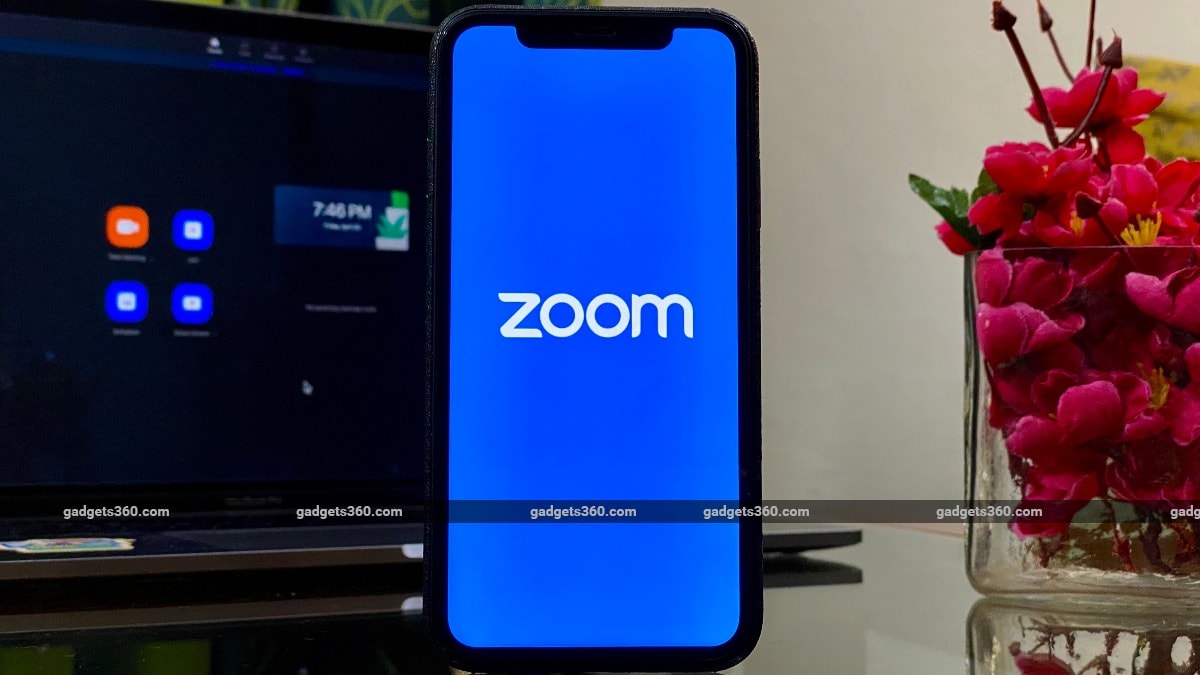
Alphabet and rival Microsoft are once again locked in a race to rule the internet zeitgeist after the Google owner launched “Bard” in answer to AI chatbot sensation ChatGPT.
Just minutes after Google announced the launch of Bard on Monday, Microsoft said it would hold an event at its Redmond headquarters to reveal its own AI, potentially setting the stage for the next Chrome-versus-Internet Explorer or Gmail-versus-Hotmail.
Microsoft-backed OpenAI’s ChatGPT has taken the tech world by storm since it was opened for public use last year, as people worldwide got creative with prompts that the conversational chatbot uses to create everything from poems and novels to jokes and film scripts.
The artificial intelligence service could change how consumers search for information or create content on command and free up time for white-collar workers.
Here are some key differences between Bard and ChatGPT:
What do they do?
The services that Google’s Bard and ChatGPT would offer are similar. Users will have to key in a question, a request or give a prompt to receive a human-like response.
Microsoft and Google plan to embed AI tools to bolster their search services Bing and Google Search, which account for a big chunk of revenue.
How are they different?
Both technologies can distill complex information and multiple perspectives into easy-to-digest formats, but the most apparent difference is Bard’s ability to include recent events in the responses.
Though not immediately clear how the two services will differ, it is certain that Alphabet’s Bard will have access to more data.
Bard draws on information from the internet, while ChatGPT has access to data until 2021.
LAMDA versus GPT
Bard is based on LaMDA, short for Language Model for Dialogue Applications. The AI generated text with such skill that a company engineer last year called it sentient, a claim the technology giant and scientists widely dismissed.
OpenAI’s GPT, or Generative Pre-trained Transformer, was first released in 2020, and the GPT 3.5 series of language models that finished training in early 2022 is the backbone of ChatGPT.
“ChatGPT sometimes writes plausible-sounding but incorrect or nonsensical answers,” Open AI said in a blog post.
When will Bard be available?
While OpenAI made a free research preview of ChatGPT available for public use on Nov. 30 last year, Bard is currently only open to a group of testers.
Alphabet CEO Sundar Pichai said in a blog post that the conversational AI service will be made widely available in the coming weeks.
Are there other alternatives?
In the two months after ChatGPT’s launch, a number of tech companies have doubled down on generative AI technology, while a number of startups are independently working on their own projects.
Baidu, China’s answer to Google, is the latest company to join the frenzy. Its AI is called Ernie.
© Thomson Reuters 2023